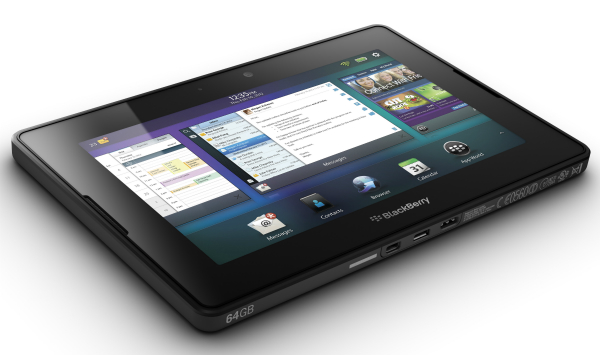
4G LTE BlackBerry PlayBook makes iOS and Android devices feel about as sophisticated as my daughter’s old 'Speak & Spell'
I love underdogs. Whether it’s David vs. Goliath, Rocky vs. Apollo Creed or Microsoft (circa 1992) vs. IBM, I enjoy rooting for the plucky upstart. Which is why I find the resurgence of interest surrounding Research in Motion's beleaguered PlayBook tablet all the more satisfying: Here is a product that stumbled out of the gate and was left for dead, only to slowly crawl its way back into the ring of respectability through a combination of raw talent and sheer force of will.
Make no mistake: The PlayBook was an impressive device when it first shipped in April, 2011. Bristling with class-leading technology, RIM’s first foray into the tablet market should have been an instant hit. However, the software half of RIM’s winning formula still wasn’t fully baked, with some glaring omissions (email, calendar) and few third party apps to speak of. And, in a truly ironic twist, many early critics actually panned the device for its smallish 7-inch form factor.

Mars Rover Curiosity camera isn't as good as your cell phone's
NASA's Curiosity rover landed on the surface of Mars on Sunday night, and almost immediately began transferring back to Earth the first images of the Martian surface. But for its reported $2.5 billion price tag, the images have a little less clarity than you might expect.
Curiosity's cameras have a maximum resolution of two megapixels. For perspective's sake, modern smartphones typically are 8MP or more. The result will be images that are sharper than those of Martian rovers past, yet lack the clarity that would be expected of a modern research craft.

If the manufacturers can't do it, modders can: Jelly Bean for your smartphone
Android smartphones aren’t known for timely updates, even if they bear the Nexus name, but when the very first Android smartphone gets Jelly Bean, you know something interesting is happening.
Thanks to Android modder jcarrz1 from XDA forums, even the 3 year old HTC Dream (or T-Mobile G1 as it’s known in the United States) can now get Android 4.1 Jelly Bean. The modding community is bringing Jelly Bean to older devices faster than HTC can offer it on their own flagship smartphones available now. But it’s not just the three-year old devices, as the Samsung Galaxy S III and HTC One X also receive a dose of Jelly Bean, before manufacturers release the updates.
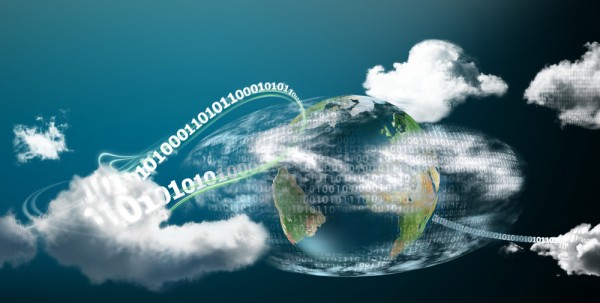
Steve Wozniak is right -- users are going to eventually be burned if they rely solely on cloud backup
Apple co-founder Steve Wozniak this week warned of the perils of depending too much on cloud storage and the general press reacted like this was: A) news, and; B) evidence of some inherent failure in cloud architecture. In fact it is not news (Woz never claimed it was) and mainly represents something we used to call “common sense”.
However secure you think your cloud storage is, why solely rely on it when keeping an extra backup can cost from very little to nothing at all?
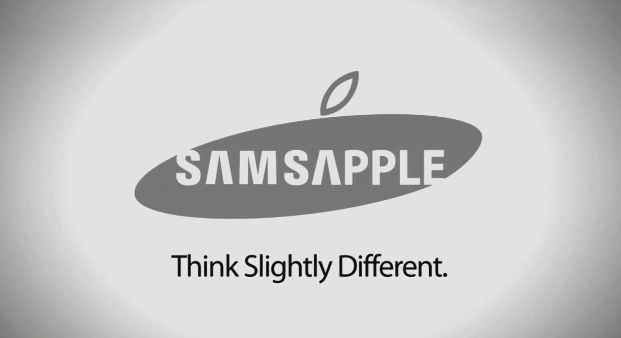
10 interesting things we’ve learned from the Apple vs. Samsung trial (so far)
We’re only into the second week of the "patent trial of the century" but we’ve already been granted an unprecedented peek behind the curtain into the notoriously secretive world of Apple Inc. Here, in no particular order, are ten of the most fascinating reveals from the trial to date.
Steve Jobs was open to the idea of a seven inch iPad
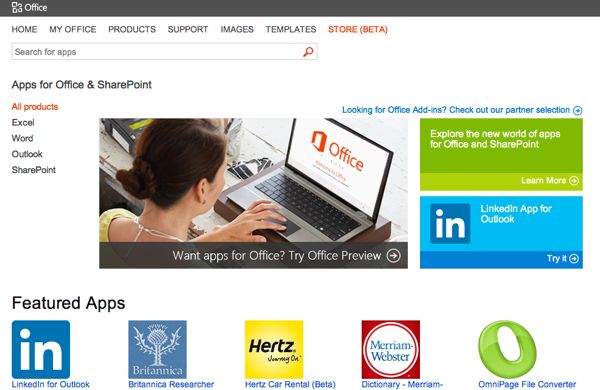
Microsoft loves its stores: launches the Office Store
The Office Store, Microsoft’s integrated product into Office 2013 is open. Office's new web apps come from the Office Store, where you can purchase add-ins or install free tools. The program became available this week to users with a Microsoft account and a preview version of Office, SharePoint or Exchange. For developers, the store presents a new and large opportunity to increase their income through sales.
Building the Office StoreFrom a user’s standpoint a lot of time is spent using the Microsoft Office suite. That is spending time reading through email, writing reports, analyzing data, preparing sales figures or sharing proposals with others team. There are many critical tools and many critical information sources live on the web or in applications outside of Office. So part of the idea behind the Office Store is so users could integrate different elements of the web with the internal elements of Office and SharePoint.

A look at Windows Server 2012 and its toolset
Hyper-V, Microsoft’s answer to VMware, a virtual machine system has been around since Server 2008. And earlier versions of Microsoft virtual machines have been around since Server 2003, so the software is not new. But Microsoft’s latest version which comes out with Windows 8 as Server 2012 will introduce new features to Microsoft's server operating system.
Microsoft came into the virtual machine system market late, and VMware has been the dominant company running the software for about 10 years. But Microsoft is making tremendous strides in trying to catch up. So when Server 2008 was released, you could set up various virtual machines in the system and run different programs simultaneously, never affecting the host computer. A virtual machine is software that mimics an operating system, thereby allowing a “computer” to run inside a computer. So you can have Vista running in an XP system, and neither operating system will interfere with the other.
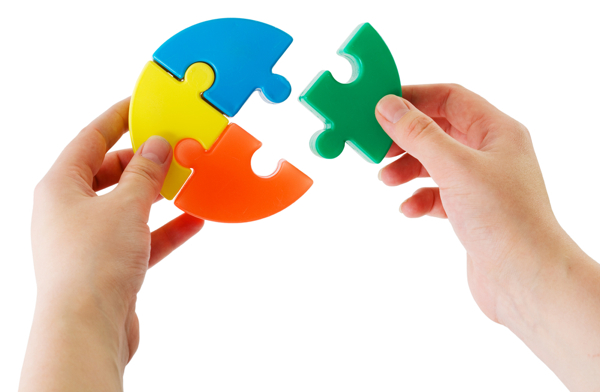
SharePoint 'Apps' - a missed opportunity?
Almost everyone who uses a computer or mobile device these days is familiar with apps and app stores. Back in the day, computers used to have "programs," and it was even once seen as fairly progressive to venture out onto the web and download something for yourself. No longer is this the case. Users are happy using app stores, and such mechanisms are almost expected on any new platform.
Microsoft was fairly slow to the app game. It never really had a successful phone platform with which to experiment in the way Apple did. Steps have now been taken in Redmond though, and the Windows 8 app store is expected to play a big role in the day to day use of the new operating system. SharePoint 2013, recently previewed by Microsoft and currently in the hands of excited enterprise testers the world over, now also has its own app store. However I can’t help but think, in its current guise, it is a missed opportunity.
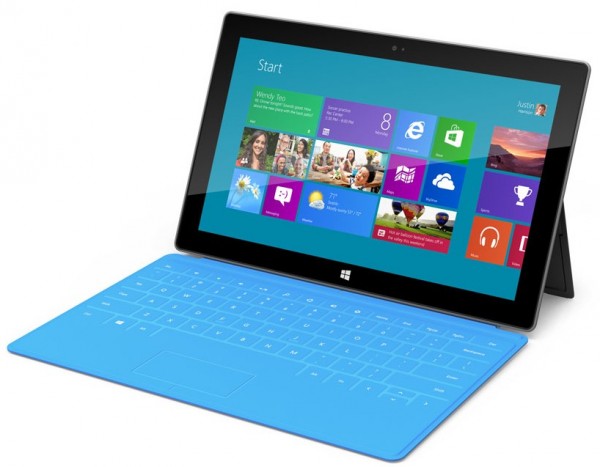
Microsoft makes its own hardware and software rules, and that’s a good thing
Acer CEO JT Wang has been quoted as saying Microsoft's Surface could have a negative impact on the Windows ecosystem, frustrate OEMs, and potentially have far-flung negative consequences. Why is there a problem when Microsoft wants to set a standard in both hardware and software? Windows Phone, Surface, and Signature represent a generational shift in Microsoft’s thinking related to operating systems, hardware, and the intended software experience. This is the Microsoft that should surface (no pun intended) from every interaction with one of their products, and who’s to say that’s not a good thing?
When Microsoft announced Surface, I immediately saw great potential for people like me who need advanced software to perform real tasks that require an intensive use of resources. But at the same time, Microsoft Surface gave a glimpse of what’s to come: Microsoft can actually make hardware to its own specifications and design. It is an approach that has been slowly coming to the front with Microsoft which began three years ago, before the debut of the first Windows Phone. Working closely with HTC, Microsoft could make sure the hardware performed in such a way that its software looked better.
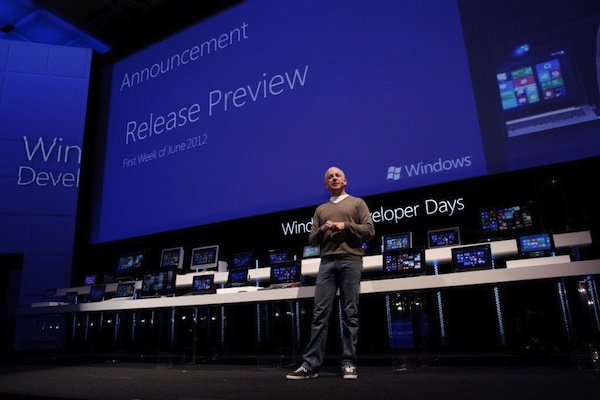
If you don't like the direction Microsoft is taking Windows 8, tough luck, Team Sinofsky knows they have you
Choice. It’s something that all free people crave. We want the right to choose, whether it’s what we eat, where we live or how we arrange our furniture. Generally speaking, we don’t like being told what to do. Nor do we like it when some impersonal agency imposes its will upon our freedoms.
Case in point: Microsoft’s decision to force users to boot to the Windows 8 Start Screen. Instead of giving us the option (choice) of going directly to the desktop, Microsoft divisional president Steven Sinofsky and friends are saying it’s “their way or the highway”. Any attempts to deviate from their approved usage model will not be tolerated, and if you try to code around us, we’ll shut you down. Period.

PC-era dinosaurs: Beware the BYOD Extinction Level Event
Ah! Life in paradise. As the literal incarnation of the mythical "guy who ran away to a tropical island", I've had the joy of returning to my once primary (and now mostly vacation) home in the United States only to discover all of the things that can go wrong with an empty house in the Florida heat (this time, it was a failed A/C compressor -- ugh!).
However, I've also had the opportunity to revisit many of my core IT beliefs from the perspective of a relative outsider living in the slower-paced world of coconuts, litches and 2Mbps ADSL connections. Basically, my geographic isolation has forced me to take the long view on new technology trends. Which is why I'm so excited about the potential of BYOD: I see the emergence of the Post-PC phenomenon as a truly disruptive force that will forever change how people view "computers".

The Internet was created to save money
Depending on who you are talking to there were several very different reasons why the Internet was created, whether it was military command and control (Curtis LeMay told me that), to create a new communication and commerce infrastructure (Al Gore), or simply to advance the science of digital communications (lots of people). But Bob Taylor says the Internet was created to money. And since Bob Taylor was, more than anyone, the guy who caused the Internet to be created, well, I’ll believe him.
Taylor, probably best known for building and managing the Computer Systems Laboratory at XEROX PARC from which emerged advances including Ethernet, laser printing, and SmallTalk, was before that the DARPA program manager who commissioned the ARPANet, predecessor to the Internet. Taylor was followed in that DARPA position by Larry Roberts, Bob Kahn, and Vint Cerf -- all huge names in Internet lore -- but someone had to pull the trigger and that someone was Bob Taylor, who was tired of buying mainframes for universities.
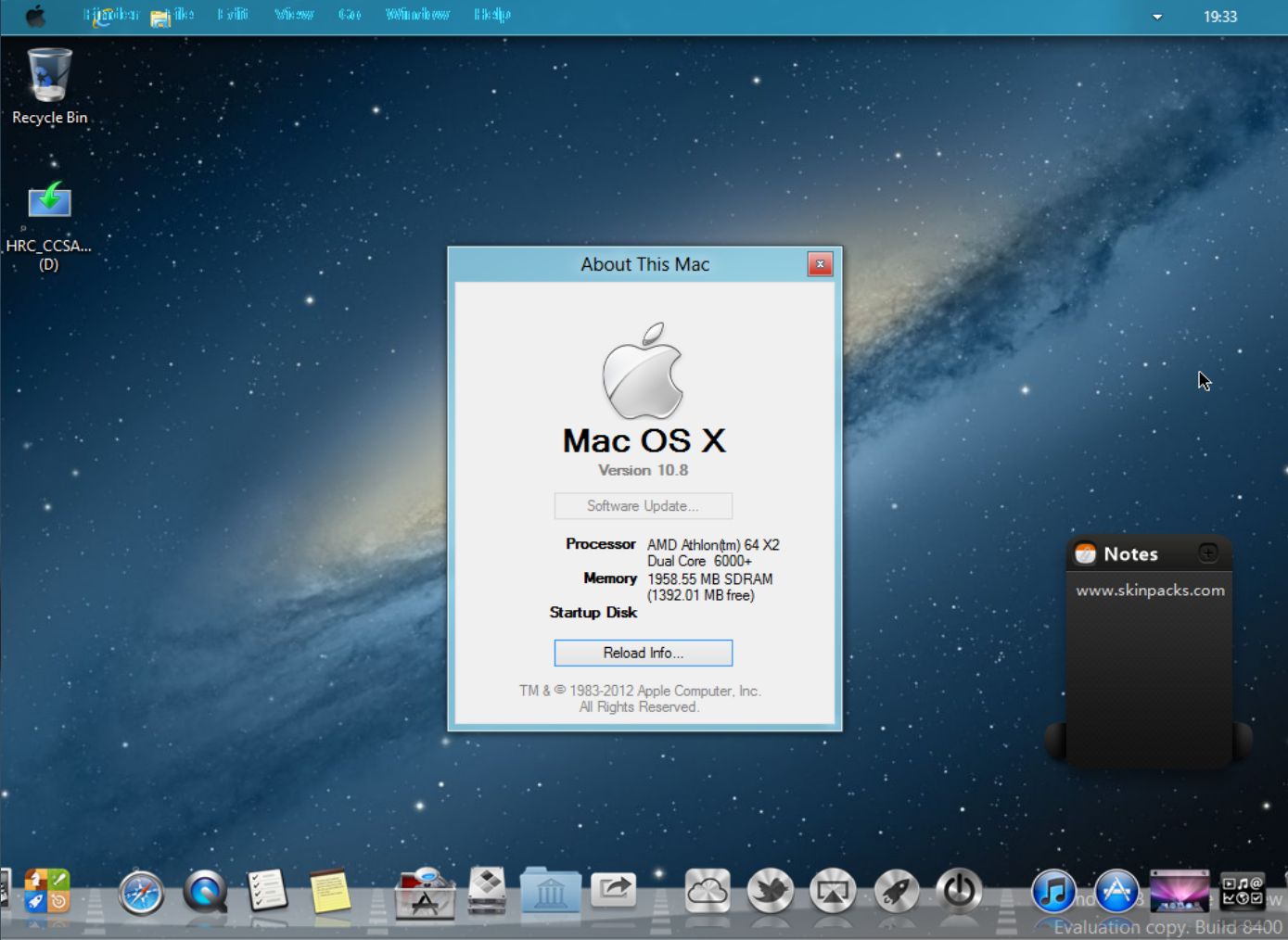
Transform Windows 8 into Mac OS X Mountain Lion
If you’re running Windows 8, but like the look of Apple’s new Mountain Lion OS, you can use a skin pack to assuage some of your UI envy, without dumping Metro in the process (which may be a good or bad thing, depending on how you feel about the new tiled interface).
The Mountain Lion Skin Pack for Windows 8 Consumer Preview was obviously designed for the earlier trial version of Windows 8 (the clue is in the name), but it works just as well in the release candidate. It won’t actually transform Windows into Mountain Lion, so you won’t get cool features like apps that match their iOS counterparts, cloud-based sync features or AirPlay mirroring, but it will at least give you a reasonable flavor of Mountain Lion’s aesthetics.

5 ways to put hackers on the defensive
Black Hat keynote speaker Shawn Henry, the former executive assistant director of the FBI’s Criminal, Cyber, Response and Service Branch, started off the day after opening remarks from Jeff Moss, founder of Blackhat. Moss wondered if now was the time for the cyber-security sector to take a more aggressive/offensive approach. Moss mentioned working for a former employer years back, a firewall manufacturer that had a product that would launch specially crafted code in response to an attacker, sort of an early offensive DoS attack. This was an early attempt by security professionals to cause pain by going on the offensive.
But since DoS attacks aren’t exactly a legal offensive tactic nowadays, what to do? He recommends civil action, a la recent Facebook actions where attackers were sued in civil court. But what happens when attackers are overseas? Mr. Moss is hopeful that responding in a civil manner would “encourage” other countries to implement legal protections to stop current and future attack attempts abroad.
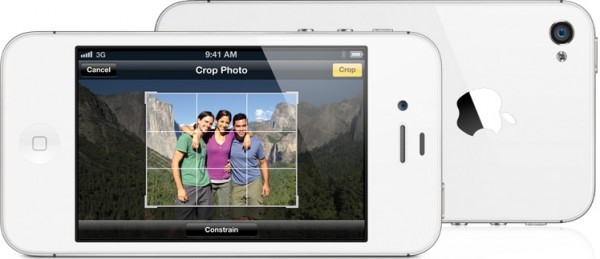
iPhone sales are slowing, deal with it
Apple shares closed down 4.32 percent today, keeping with a trend started during after-hours trading yesterday. The real question: Could matters have been much worse, if not for the big carrot that came with the little stick? Apple missed fiscal Q3 Wall Street analyst consensus for revenue and income, but announced a big dividend and promise of more to follow. Performance was by no means bad, just not as good as forecast and the dividend, $2.65 per share, is something for shareholders to smile about.
But behind the magic, I have to ask: Is Apple distracting shareholders and Wall Street analysts, making them look over there so they miss the trick going on over here? It's a question I can't answer but can only speculate about. Another quarter of results will reveal much. One thing is certain now: iPhone sales are slowing. There's no if about it, but why. Are people waiting for the new model or are Android rivals like Samsung pulling away more buyers?
